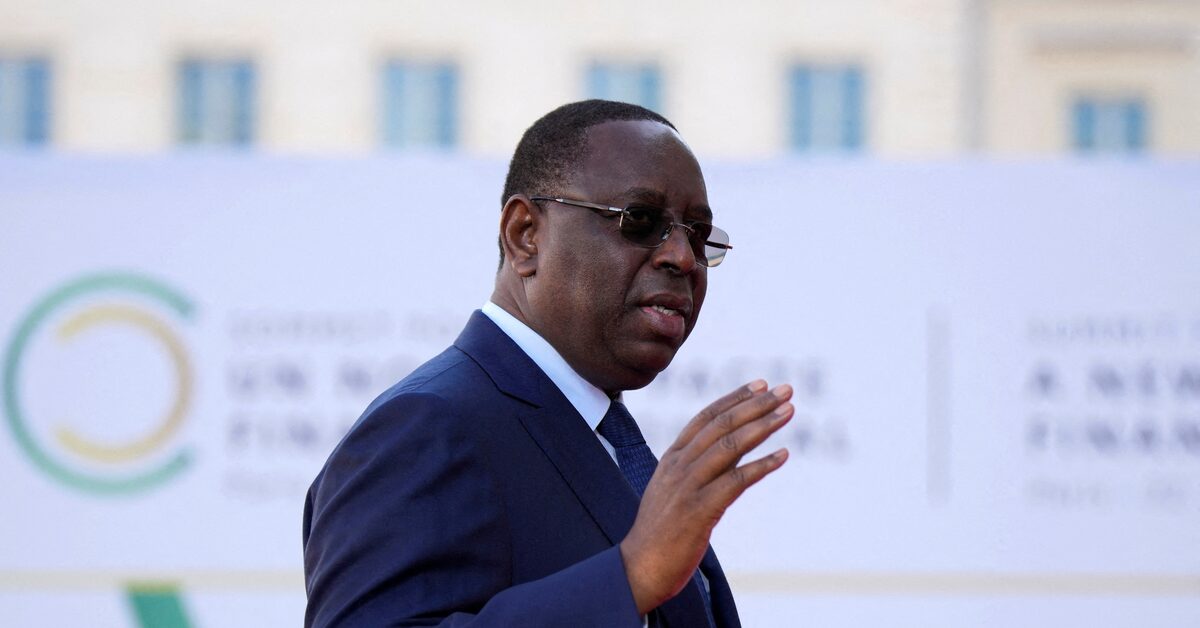
As the Grand Magal of Touba draws near, Senegalese authorities are intensifying preparations to meet the demands of an event expected to gather millions of pilgrims.
The annual religious pilgrimage, one of the largest in West Africa, temporarily transforms the holy city of Touba into a bustling metropolis, triggering major logistical, economic, and security challenges.
At the forefront of the preparations is the regulation of the local market, where concerns over unjustified price hikes continue to surface year after year.
With the influx of nearly five million people during the last edition, the demand for food, water, transportation, and basic goods soars—creating fertile ground for unscrupulous traders to inflate prices and undermine state control.
To counter this, Senegal’s Minister of Industry and Trade, Serigne Guèye Diop, paid a visit to Touba ahead of the event. Speaking to Le Soleil, he reassured the public of sufficient food supplies.
“We have sufficient stocks of potatoes and onions, in Touba as in Mbacké,” he stated, reinforcing the government’s commitment to price regulation and food accessibility during the Magal.
In a proactive move, the minister announced the deployment of 100 local volunteers across the Diourbel region.
Their primary role is to assist economic inspectors in monitoring market activities and enforcing price controls.
Working in coordination with security forces, these community members will serve as a deterrent to price manipulation and commercial misconduct.
This collaborative model is aimed at fostering compliance through community engagement rather than force.
While addressing the press, Diop stressed the moral responsibility of traders during the sacred period, urging them not to exploit the religious gathering for financial gain. “The moral commitment of traders is essential,” he said.
However, the challenges facing the market go beyond seasonal price control. Diop acknowledged deeper structural issues within Senegal’s food distribution network. In response, he announced a forthcoming initiative to construct cold storage facilities in the region.
These storage units, developed in partnership with the private sector, are projected to hold between 20,000 and 40,000 tonnes of agricultural produce.
As the Grand Magal approaches, the government’s efforts aim to preserve both the sanctity of the religious celebration and the integrity of the economic landscape.



